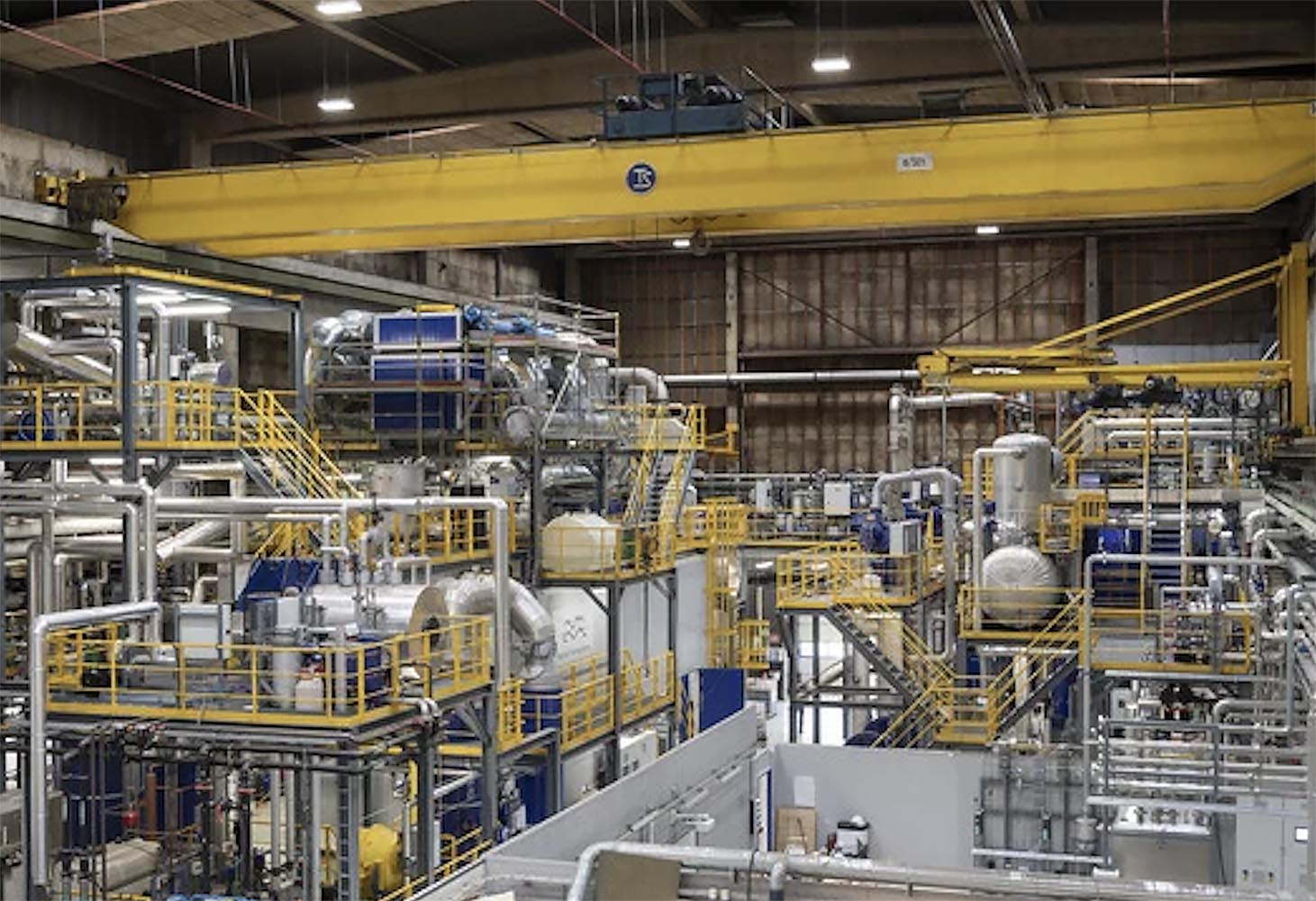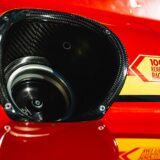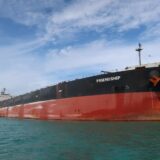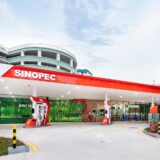
Alfa Laval to begin testing ammonia as a marine fuel in 2023
Alfa Laval will soon begin testing ammonia as a marine fuel at the Alfa Laval Test & Training Centre in Aalborg, Denmark, following receipt of approval from the authorities. The testing setup will be completed by the end of 2022, the company said.
Just as it has done for liquefied natural gas (LNG), biofuels and methanol, the centre will deepen the knowledge of ammonia combustion and lead the development of needed onboard technologies.
“The Alfa Laval Test & Training Centre will explore ammonia’s properties and its behaviour in a wide range of systems,” says Alfa Laval’s Lars Skytte Jørgensen, vice president, Technology Development, Energy Systems. “That includes combustion systems, such as the burners on Alfa Laval Aalborg boilers, but also fuel supply systems and fuel cells—in other words, the full chain of fuel preparation and handling, where we will look at both efficiency and safety. With our testing setup approved, we can be first off the block in the race towards ammonia implementation.”
Based in Lund, Sweden, Alfa Laval is a leading global provider of first-rate products in the areas of heat transfer, separation and fluid handling. Recently, Alfa Laval acquired Desmet, which is part of the Desmet Ballestra Group, a world leader in engineering and supplying processing plants and technologies for edible oils and biofuel sectors. The Desmet acquisition will strengthen Alfa Laval’s position in the market by adding know-how and expertise to accelerate future innovations within food, feed and biofuels—and support Alfa Laval’s transformation towards renewable fuels.
Dual barriers and isolated testing
“Safety is the first consideration in any testing situation,” says Jørgensen of the plans for the centre. “Existing safety regulations deal with ammonia as a coolant or fertilizer, whereas using ammonia as fuel at sea is a new area altogether. In our communication with the authorities, there was much discussion as to what was needed for safe marine-oriented testing.”
The testing setup includes a double-walled ammonia tank at a safe distance from other fuels, as well as double-walled piping with encapsulated welds for all pipes to and from the centre. These barriers reflect the safety measures that will likely be required for ammonia on future vessels. Initially, the testing itself will take place in a dedicated enclosure, using quantities small enough for emergency venting without risk to the environment or the engineers involved. At a later stage, full-scale testing will commence using both boilers and fuel cells.
With the testing setup approved, Alfa Laval will begin ammonia testing in early 2023.














